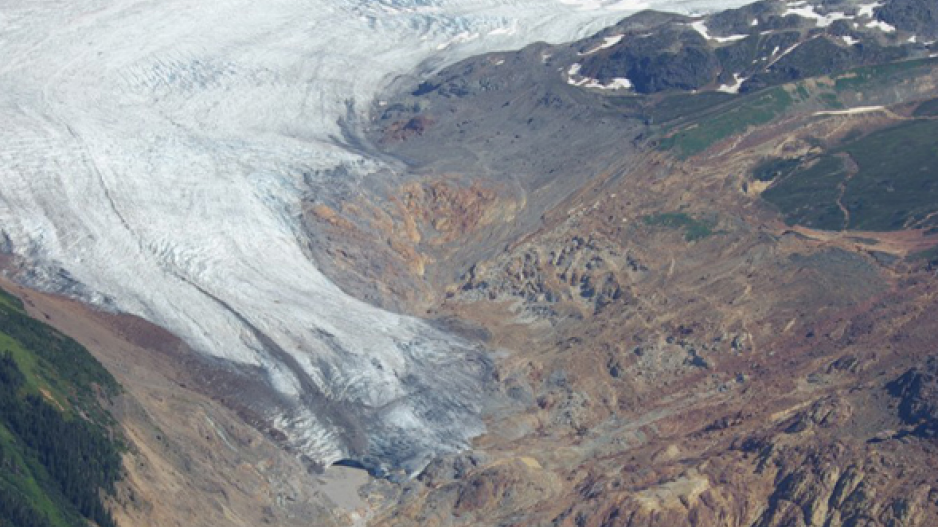Earthworks, a non-profit environmental activist group, has issued a scathing report on Seabridge Gold’s KSM project in northern British Columbia.
The report, issued in partnership with an organization that calls itself Salmon Beyond Borders, seeks to highlight the risks associated with the project, which include:
- the "unrealistic" metals prices used in the economic assessment of the project;
- the planned use of the same the discredited mine waste tailings dam technology as that used at Mount Polley Mine;
- legal uncertainty around the Mitchell Treaty Tunnel necessary to connect the mine and mill and tailings;
- the Supreme Court of Canada's decisions regarding mineral rights held in unceded First Nations territory;
- "unprecedented" water management for up to 20.8 billion gallons (78m kilolitres) of water annually;
- high closure costs for water treatment estimated at over $1 billion; and
- the potential for increasing political opposition: federally recognized Alaskan Tribes, commercial fishermen, municipalities and political leaders call for an International Joint Commission review.
Since 2006, Seabridge has spent some $180 million in exploration, engineering and environmental work to bring the 100%-owned project this far.
According to a June 2012 pre-feasibility study, KSM would cost just over $5.2 billion to build including $309 million for water treatment and Seabridge is looking for partners on the project.
The Toronto-based company plans a combined open-pit and underground gold copper silver and molydenum mine in the Kerr, Sulphurets, and Mitchell Creek watersheds located approximately 65 kilometres northwest of Stewart, BC and roughly 35 km northeast of the Alaska border.
The deposit boasts 38.2 million ounces of gold, 9.9 billion pounds of copper, 191 million ounces of silver and 213 million pounds of molybdenum provable and probable reserves.
The mine is expected to process 130,000 tonnes per day of ore over an anticipated mine life of 52 years.
KSM forecasts 1,800 direct and 4,770 indirect jobs across Canada during the five-year construction period and 1,040 direct jobs annually while in production.
During construction, Seabridge will spend $3.5 billion in British Columbia and $6 billion in Canada. Over the life of the mine’s operations, more than $400 million in GDP will be produced for British Columbia and more than $42 billion for Canada.
At the start of the 2015 summer drilling program, chairman and CEO Rudi Fronk noted that over the past two years Seabridge had found nearly a billion tonnes of higher grade resources at KSM in the company's core zone including the largest deposit called Mitchell:
"We are very confident that another core zone lies beneath Mitchell, and the data suggests it could be the best at KSM. We aim to prove it this summer."
Seabridge holds a 100% interest in several North American gold resource projects with its Courageous Lake gold project located in the Northwest Territories its principal asset outside KSM.
Earthworks was co-founded in 1988 by J. Michael McCloskey, the current chairman of the largest and richest environmental lobby group in the world – the Sierra Club.
Earthworks pays particularly attention to gold mining including protests against the Pebble project in Alaska and a campaign against the gold jewellery trade.
The federal environment minister gave the green light to the project – the world’s largest undeveloped gold-copper project by reserves – in 2014 after a joint harmonized federal and provincial environmental assessment process that took nearly seven years.
KSM was only the second metal mine in five years to receive approval by both Canada and B.C.
Seabridge (TSX:SEA) (NYSE:SA) is worth just over $400 million on the Toronto Stock Exchange, down nearly 9% in value year to date. That values Seabridge at a modest $7 per ounce of reserves compared to more than $370 per ounce of reserves for miners such as Goldcorp and Agnico-Eagle.




